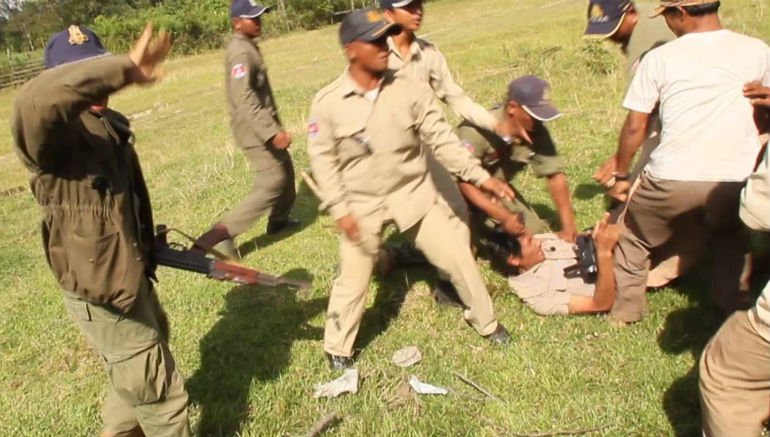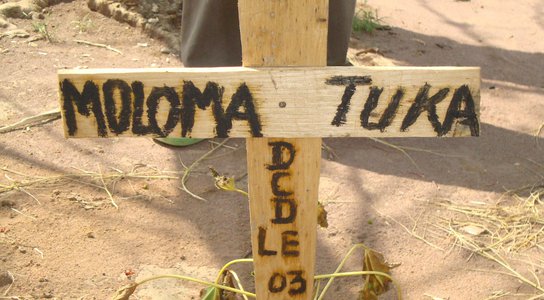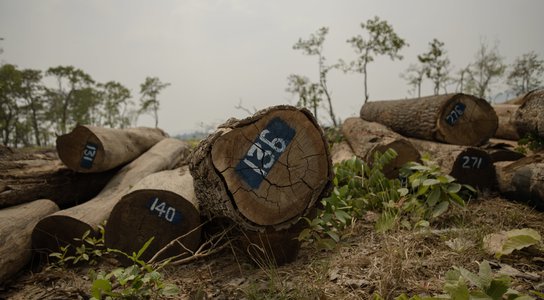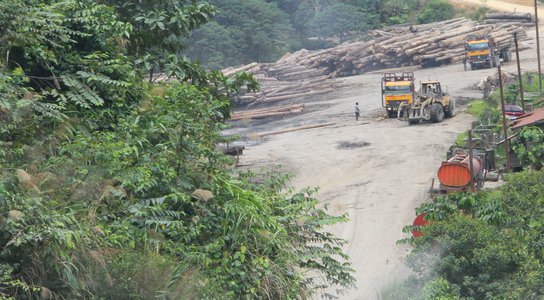On the day of his murder, in April 2012, environmental investigator and activist Chut Wutty was showing journalists an illegal logging operation in southern Cambodia. He was shot dead by a military police officer. An investigation into Wutty’s death was dropped after just a few days.
It was Wutty’s murder that first inspired Global Witness to start documenting the killings of citizens around the world as they defend their land, forests and rivers against state or corporate exploitation.
This pursuit has never been deadlier. At least two land and environmental defenders are being killed each week, with a significant upturn in recent years. Some victims are environmental protesters, others are just living on a desirable plot of land.
Wutty’s story finds echoes across continents, from assassinations on Amazonian forest frontiers to militia shootings at a dam in Sudan. His demise brings into sharp focus the corruption, violence and impunity at the intersection of local livelihoods, environmental protection and powerful vested interests.

Chut Wutty being attacked by Cambodian police. Photo: Fran Lambrick.
In Cambodia, state-sanctioned land grabbing has escalated at an alarming rate. Almost three quarters of the country’s arable land has been leased to investors since 2008, mostly taken from small-scale farmers and indigenous communities. Those affected are rarely consulted or compensated, and violent forced evictions are commonplace.
In the first few months of 2014 alone, new seizures impacted upwards of 2000 Cambodian families, reportedly contributing to over half a million conflicts over land.
Wutty’s work exposing illegal logging for over a decade meant he was no stranger to death threats. He had worked in the past with Global Witness and other organisations to bring to light the violence and graft that underpins the country’s land and forest sector, and the businessmen and politicians who get rich from it.
Just weeks after Wutty’s murder, a 14 year-old girl was shot and killed by military police amidst a land dispute between her community and a rubber plantation company. Within months, a journalist investigating timber cartels was found brutally murdered, in the boot of his car. Neither case has ever been investigated by the authorities. Instead, Cambodia saw a 144 per cent increase in the arrest of citizens protesting over land and housing issues between 2011 and 2012.
The struggle for human rights is, as it ever was, pitched against powerful forces. But as industry appropriates more and more land, the environment is increasingly becoming a battleground for that struggle.
You might also like
-
Report Deadly Environment
A rising death toll on our environmental frontiers is escaping international attention.
-
Campaign Cambodia
Cambodia offers a stark illustration of how natural resources can be a curse, not a blessing, to a country’s population.
-
Campaign Forests Under Threat
As global demand for products like wood, paper, beef and palm oil continues to rise, companies are encroaching ever deeper into the world’s dwindling forests.